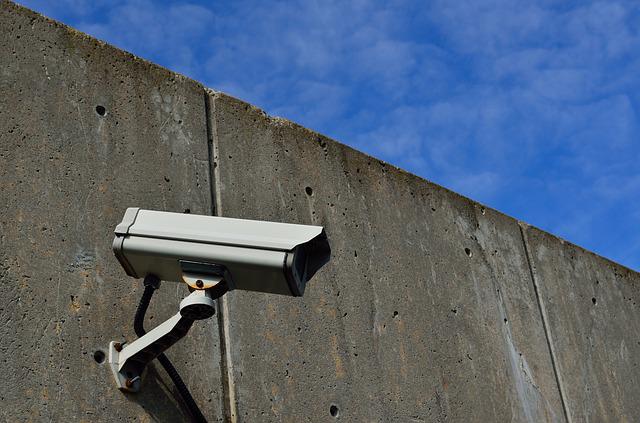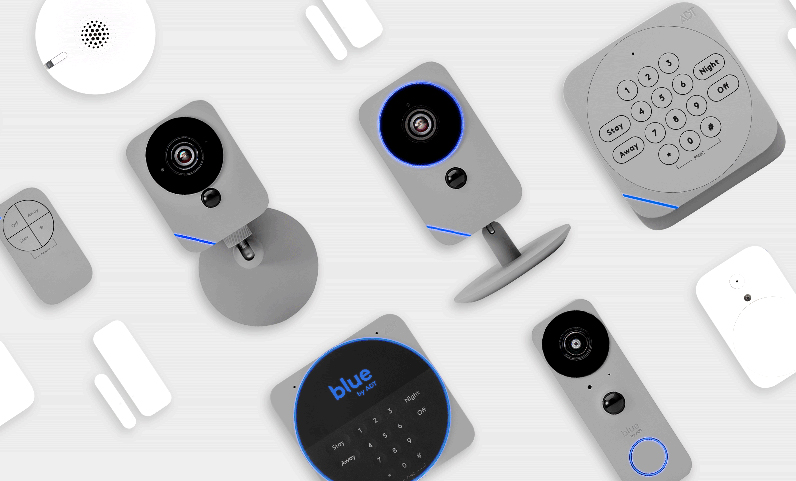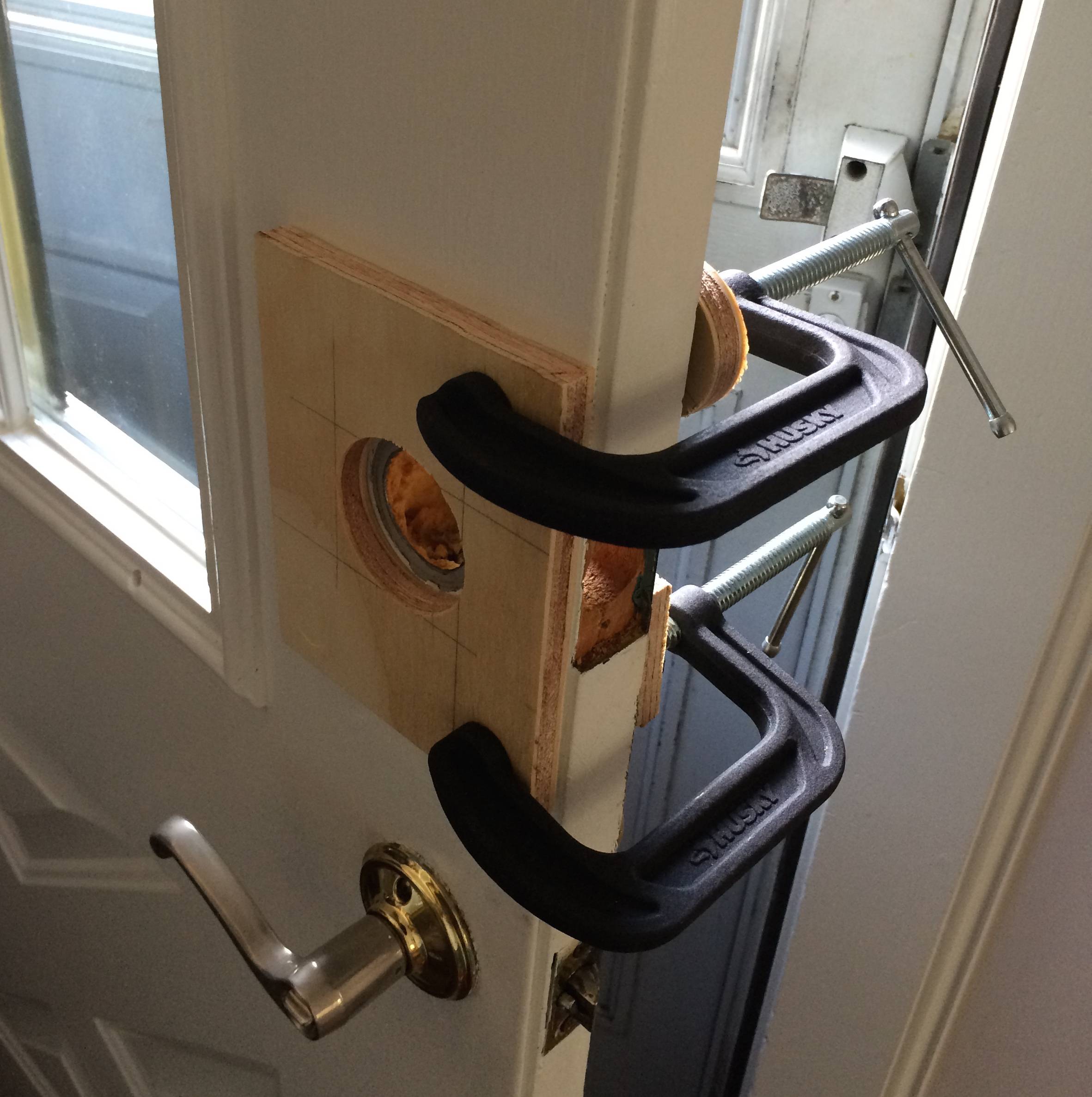
The door sensors can be used to keep track of who enters and leaves your home. They're also a handy addition to a security system, as they can alert you if someone opens or closes your doors while the system is turned off.
Entry Sensors Simplisafe
Simplisafe's entry sensor for front or rear doors is an easy to install solution. The Simplisafe entry sensor is compatible with Simplisafe Gen 3 security systems. It comes with pre-applied adhesive tape to make installation a breeze. It's an excellent choice for those who want to keep their doors open, but still have peace ofmind. It can be used to alert you if there is a visitor even if your alarm system is unarmed.
YoLink Door Sensor
If you want a more modern, smarter door sensor that can work with Amazon Alexa and other devices, the YoLink is worth considering. It has a small hub that makes it easier to integrate with other smart devices. It also has a powerful battery that can last up 18 months under moderate use.

This is a very popular door sensor, as it's simple to install and compatible with a variety of smart home platforms. It is an ideal choice for people who want to buy a door sensor of high quality with a longer battery life at a lower price.
Sensor Door Open
It is important to understand how a sensor for a front door works. It uses a magnet and a reed to create a closed-circuit on the front door. When the door is opened the magnet and the switch separate and the circuit is broken, triggering the alarm.
What's The Difference Between A Surface-Mounted Contact And A Recessed Door Sensor?
Surface-mounted contacts are mounted on the outside of the door frame. The surface-mounted contact is easy to mount, but it can be expensive.
Unlike surface-mounted sensors, recessed door sensors are installed inside the door and frame, and they're usually harder to install because they require holes in the door and frame. Homeowners who like to hide their sensors from view prefer these recessed door sensors. But some find them unappealing as they are harder to clean.

How Does A Door Sensor Work
Contact sensors are the most basic door sensor. The circuit is created by a magnet and a reed switch. As soon as the button is close to the magnet it stops the electrical flow, preventing a complete circuit. When the reed button is separated from the magnet, it lets electricity through to the sensor, triggering an alarm.
Another type of door sensor is a contact sensor, which uses a reed switch to block electrical flow when it's in direct proximity to the magnet. When the reed-switch is separated from magnet, an alarm is sent to your Cove Touch Alarm Panel.
FAQ
What is the difference in surveillance and security cameras?
Surveillance cameras may be used to monitor, but security cameras can also be used to protect.
Each camera has its advantages and disadvantages. The main difference between them is the type of images they capture. Surveillance camera record video in slow-motion so you can follow what's happening live. On the other hand, security cameras only record video and still pictures, which is saved to review later.
Motion sensors can be set up to sound an alarm
These motion sensor alarms have been around for decades and have gained popularity because of the increasing number of thefts and break-ins. These devices can be too costly and do not work well inside cabinets. But if you want your home to be protected from intruders, a motion detector alarm system is worth looking at.
Which Home Security Systems can't be hacked
This question is dependent on the definition of hacking. Hacking is the unauthorized access to computer systems, networks, and data. Most home security systems cannot be hacked because they do not contain software that allows someone else to control them remotely. They also don't allow anyone to enter your house without permission.
If they are connected to an internet connection, however, certain home security systems may be compromised. These systems require a password in order to function. If someone knows the password, he can hack them.
What are the differences between home security systems?
It is important to consider the threat level in your locality. A burglary alarm might be necessary if you live in a high-crime area. You may not require as much security if your home is in a rural area with few burglaries.
Consider whether you are prepared to pay more for advanced features. Some systems include cameras built in, while others do not. Some systems allow you to remotely monitor your home, while others require that you be present to view the footage.
What is the best system for home surveillance?
Consider purchasing a home security camera system to protect your family. These systems can be used by both homeowners and renters easily and offer many benefits. You can monitor your property remotely using your smartphone or tablet, computer, and other mobile devices.
Which home security systems has the greatest number of features?
Ring Video Doorbell Pro boasts the most features among all of the home security systems we evaluated. It allows you to see who is at the door, chat with them, and even record videos. It comes with a cloud storage service that allows you to save all recordings.
What security system would you recommend?
The most important thing to consider when choosing the security system for your home is how valuable you are and what you have. A basic alarm system is a good option, but it doesn't provide enough protection. You can also get a more sophisticated one that offers remote monitoring, video surveillance and access control.
Statistics
- That's probably why Cove has a whopping 98%* customer retention rate. (safewise.com)
- Depending on your insurance, 24/7 professional monitoring may qualify you for as much as 15% off your premium. (safewise.com)
- Most home security companies will charge you around 75% of the remaining term of your contract if you cancel early—and some require 100%.Related questionsWhat type of contract length can I expect from security providers?Home security system cancellation (safewise.com)
- Cove sets you free without punishing penalties and fees, unlike other security solutions that charge 75% to 100% of your remaining contract. (safewise.com)
External Links
How To
What to look for from a Home Security Monitoring business
There are many aspects to take into consideration when choosing a security monitoring company for your home. Make sure you have someone who is familiar with what they are doing. Ask around to see if others have used the service provider. If they aren't recommended, don't use them. Ask family members, friends, and colleagues if they would recommend the company. This is a great way to get honest feedback and opinions from people who have used the service. You can also read customer reviews online. You can visit their website and other social media sites, such as Facebook and Twitter. Seek out customer feedback and complaints. Examine any negative comments to determine why they were made. It could be an indication that something is wrong with a client.
Next, you need to get references. Get in touch with past clients to find out how they felt about the service. Were they happy with the quality of the work? Did everything go according to plan? It is important to ensure that previous companies are reliable and trustworthy. They didn’t just give you an estimate and then go away without completing the job.
Next, ensure that your company is insured and licensed. A good insurance policy means that if anything happens to your property while you're away, they'll cover the damages. You don't need to call them during normal business hours. The best insurance companies provide 24/7 emergency services.
Also, check whether the company provides free installation and maintenance. These services can be expensive, so it is common for companies to charge additional. This is because maintaining and installing equipment can take time and money. Some companies only offer basic monitoring services which are not sufficient for most homeowners.
Make sure the prices charged by the company are fair. Don't pay too much for a poor product. Always compare apples with apples when comparing the different providers. For example, one provider may charge $150 for basic monitoring and another provider may charge $200 for the exact same service. If you want to save money, shop around.